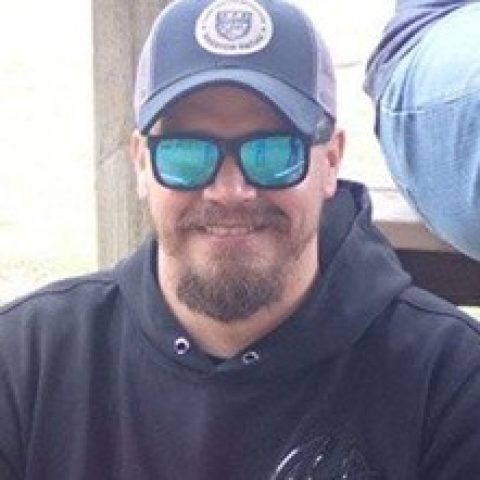
James
I joined the Marine Corps as a 0311 infantryman, deploying to Fallujah, Iraq, in 2007 and Ramadi, Iraq, in 2009. In Ramadi, our company undertook a recovery mission to locate the remains of Navy pilot Captain Michael “Scott” Speicher, the first casualty of the Gulf War. Using intelligence, interviews with longtime locals, and days of digging with E-tools, we uncovered a jawbone that confirmed his identity and brought closure to his family. The Commandant and Sergeant Major of the Marine Corps later flew to Al Asad to congratulate our company.
My transition out of the military was extremely difficult. While I was in, PTSD was mentioned but rarely addressed; the expectation was simply to toughen up, redeploy, and eventually EAS without issues. After separation, I kept that mindset of handling everything on my own. It wasn’t until much later that I finally sought help through the VA. By then, I was battling severe depression, anxiety, insomnia, alcohol addiction, anger, paranoia, and serious marital problems—using alcohol to mask my issues instead of confronting them.
Today I’m in a much better place mentally, spiritually, and physically. I still struggle—and always will—but now I understand my challenges and have stronger resources and support. PATHH reminded me I’m not alone and that a huge support system is out there.
PATHH showed me how to release what I’d been holding in and reinforced that past traumas are exactly that—past. The work was tough, but the commitment of the PATHH Guides was unreal. Their experience and compassion made it safe to open up, address issues, and learn how to sustain healthy behaviors. I’m forever grateful for Warrior PATHH; my time there motivated me to keep bettering myself and to help others who struggle.